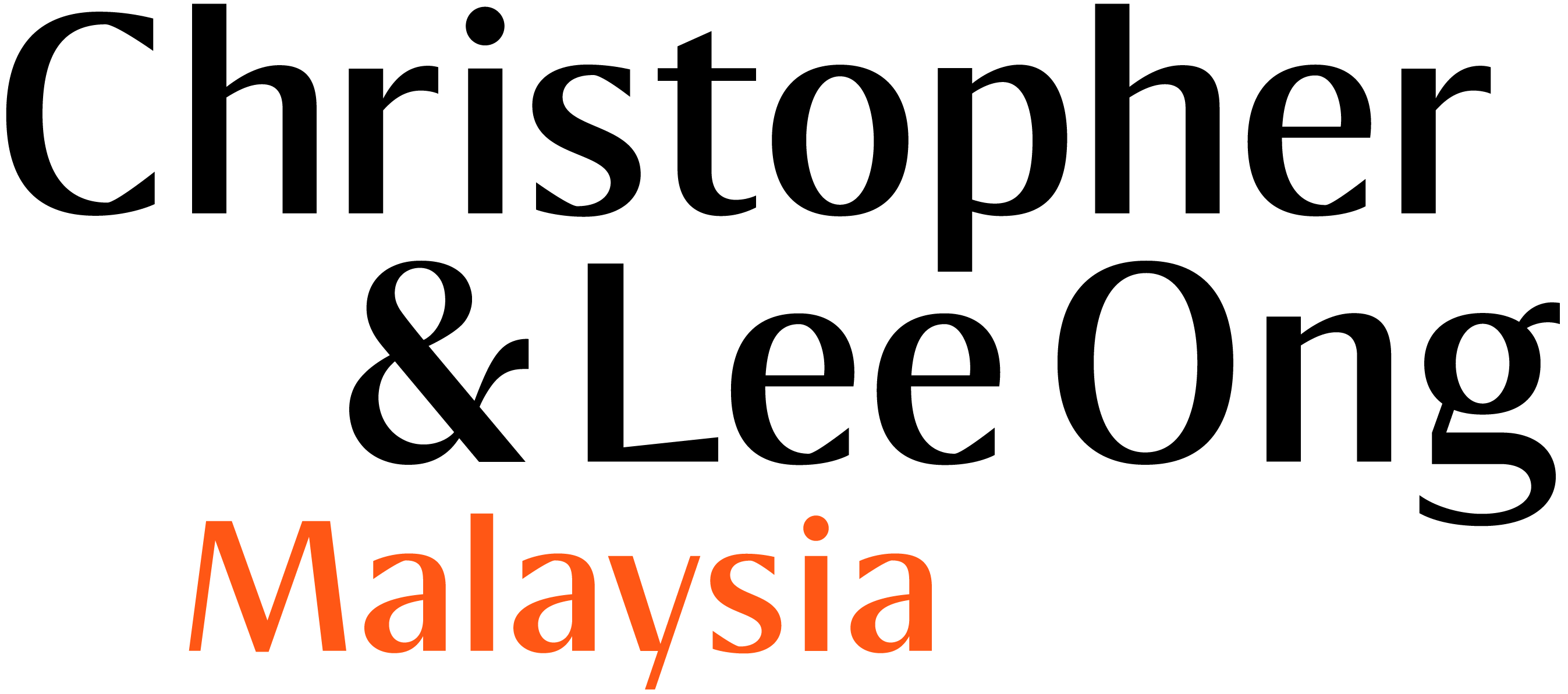Regional Comprehensive Economic Partnership
After several delays since negotiations were first launched during the 21st ASEAN Summit in November 2012, the Malaysian Ministry of International Trade and Industry (“MITI“) announced in late June that the Regional Comprehensive Economic Partnership (“RCEP“) is scheduled to be signed by November 2020. The RCEP embodies the initiative to economically integrate the 16 participating countries, which comprise the 10 ASEAN Member States (i.e. Brunei, Cambodia, Indonesia, Lao PDR, Malaysia, Myanmar, the Philippines, Singapore, Thailand and Vietnam), and five of the ASEAN Free Trade Agreement partners (i.e. Australia, China, Japan, New Zealand and South Korea).
Once signed, the RCEP will be the world’ largest trade deal, and is estimated to contribute to about 30% of the world’s Gross Domestic Product and over a quarter of global exports. If all goes according to schedule, arguably the RCEP could not come at a better time considering the global economic decline brought about by the COVID-19 pandemic. It is hoped that the RCEP, once ratified according to each participating jurisdiction’s requirements, will mitigate the adverse effects of prolonged restrictions. Ultimately, materialising the goals of lowering of trade barriers and expanding market access for goods and services will require concerted efforts by the leadership of each participating country.
Large Scale Solar Power Plants – Fourth Competitive Bidding Round (LSS@MEnTARI)
On 28 and 29 May 2020, the Ministry of Energy and Natural Resources of Malaysia (“KeTSA“), along with the Energy Commission of Malaysia (“ECM“), launched its fourth competitive bidding process (known as “LSS@MEnTARI“) for the development of up to 1,000MWac of Large Scale Solar power plants (“LSS“) in Malaysia, which will be connected to the electricity supply networks in Peninsular Malaysia. KeTSA has explicitly linked this initiative to the government’s broader COVID-19 recovery efforts. The selection of successful bidders under this programme is based on bids with the most competitive offer prices that meet all requirements under the programme’s Request for Proposal (“RFP“). For more information on the LSS@MEnTARI tender requirements, visit Christopher & Lee Ong’s June and July client updates.
In tandem with the LSS@MEnTARI tender announcement, the ECM had, on 22 May 2020, revised the key principles of the LSS power plant development framework stipulated under the Guidelines on Large Scale Solar Photovoltaic Plants for Connection to Electricity Networks (“LSS Guidelines“), mainly to limit the exposure of foreign shareholding in the participants of the programme (which includes the developer or the project special purpose vehicle, whichever applicable). The revisions indicate that a participant in the LSS programme must be a locally-incorporated company, or a consortium of locally-incorporated companies, and the Malaysian equity interest in each local company must be at least 51% or higher as determined by the ECM. Unlike the previous LSS Guidelines, it is now expressly stipulated in the latest LSS Guidelines that there will be no change to the shareholding structure of the participant in the LSS programme without the prior written approval of the ECM. This restricting requirement reflects the Government of Malaysia’s intention to provide more opportunities for local players to participate in the industry.
On 11 October 2019, the Government of Malaysia announced, in its Budget 2020 speech, that it will continue to provide incentives in the form of investment tax allowances for the purchase of green technology equipment or assets, and income tax exemptions for green technology service providers. According to the Malaysian Investment Development Authority’s (“MIDA“) Guidelines on Application for Incentive and/or Expatriate Posts for Green Technology (“MIDA Guidelines“), the qualifying companies that are listed under the MIDA Guidelines are, amongst others, companies involved in the following: (a) renewable energy – commercial and industrial business entities which undertake the generation of energy in the form of electricity, steam, heat and chilled water using renewable energy resources such as solar power, biomass, biogas, mini hydro and geothermal; and (b) energy efficiency – companies investing in energy efficient equipment or technologies and energy-saving equipment. In the Budget 2020 speech, it has been proposed that the present green technology tax incentives, namely, the Green Investment Tax Allowance (“GITA“) and the Green Income Tax Exemption (“GITE“), be extended for a period of three years of assessment (from the year of assessment 2020 to the year of assessment 2023). Briefly, the GITA will be applicable to 100% of qualifying capital expenditure incurred on green technology projects related to renewable energy, energy efficiency, green building, green data centre, and waste management (from the date of the application received by MIDA until the year of assessment 2023). The GITE will be applicable to 100% of statutory income of companies that provide green technology services related to renewable energy, energy efficiency, green building, green data centre, green township, certification/verification bodies and electric vehicles (from the date of the application received by MIDA until the year 2023). In addition, an income tax exemption of 70% for up to 10 years will be introduced to companies implementing solar leasing activities.
Case Updates
We set out below cases that were recently decided by the Malaysian courts.
Wabina Constructions & Engineering Sdn Bhd v. Kerajaan Malaysia & 4 Ors [Case Number: PA-25-26-05/2020]
On 29 June 2020, the Malaysian High Court granted permission for judicial review of the Companies (Exemption) (No. 2) Order 2020 (“Minister’s Order“) which introduced temporary changes to the Malaysian corporate insolvency law as an interim measure to counter/mitigate the financial impact of the COVID-19 outbreak. Effectively, the Minister’s Order aims to reduce winding up actions taken against companies, by allowing a 6-month period for a company to respond to a statutory demand issued by its creditor. Prior to the Minister’s Order, a company had a maximum of 21 days after the service of the statutory demand to pay the sum due or to secure or compound for it to the satisfaction of the creditor, failing which the company may be liable to be wound up on the grounds that the company is unable to pay its debts.
Goldpage Assets Sdn Bhd v. Unique Mix Sdn Bhd [2020] MLJU 723
On 10 June 2020, the Malaysian High Court in Goldpage Assets Sdn Bhd v. Unique Mix Sdn Bhd [2020] MLJU 723 held that unsecured creditors can intervene in a judicial management application (“JM Application“), and the views of such unsecured creditors can be heard in opposing the making of a judicial management order (“JM Order“). Essentially, the Court held that an unsecured creditor is not prohibited by the Companies Act 2016 from opposing a JM Application. With specific reference to Rule 13 of the Companies (Corporate Rescue Mechanism) Rules 2018 which only allows parties provided under the said Rule 13 to be heard in a JM Application, the Court held that Rule 13, being subsidiary legislation, cannot contravene the parent Act, i.e. the Companies Act 2016, and has to be read in conjunction with the Companies Act 2016.
Asia Pacific Higher Learning Sdn Bhd v. Majlis Perubatan Malaysia & Anor [2020] 2 MLJ 1
The Federal Court of Malaysia in the recent case of Asia Pacific Higher Learning Sdn Bhd v. Majlis Perubatan Malaysia & Anor [2020] 2 MLJ 1 held that section 67(1) read with section 3 and section 68(1) of the Malaysian Courts of Judicature Act 1964 (“CJA“) precludes a litigant’s right of appeal against a High Court decision in an amendment application made in the course of trial that does not finally dispose of the rights of parties. The Court observed that an appeal against every decision of a trial court would indisputably delay the administration of justice. However, the Court pointed out that applications which are made before the commencement of a trial are not caught by section 3 of the CJA and are therefore appealable.
Redha Resources Sdn Bhd v. Majlis Agama Islam Selangor & Ors [2020] 5 CLJ 715
The Malaysian Court of Appeal recently held in the case of Redha Resources Sdn Bhd v. Majlis Agama Islam Selangor & Ors [2020] 5 CLJ 715 that it is not every breach of provisions of a contract or the law that would entitle a non-defaulting party to terminate the contract, more so when the non-defaulting party had acquiesced to the breach or illegality and reaped a benefit as a result of its own participation in the breach or illegality. In this case, the Court found that the Plaintiffs themselves had condoned the breach of the relevant contractual provisions by the Defendant. Hence, the Plaintiffs were estopped from relying on the breach to terminate the contract concerned.
Please note that whilst the information in this Update is correct to the best of our knowledge and belief at the time of writing, it is only intended to provide a general guide to the subject matter and should not be treated as a substitute for specific professional advice














